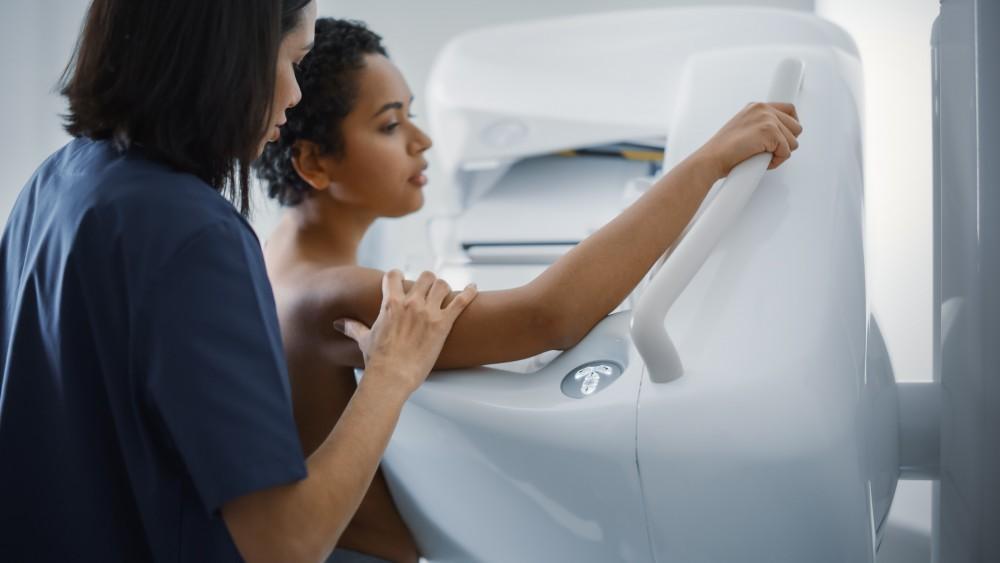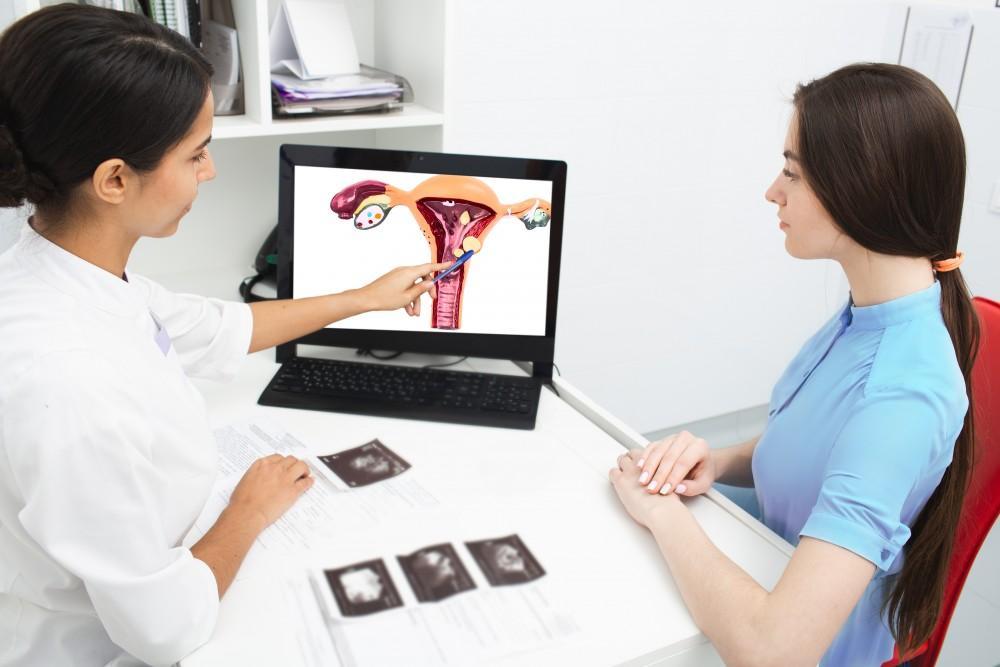
What to Expect From Your First 3D Mammogram
A mammogram is an X-ray of your breasts. It’s the best way to identify early...
Read MoreMore than 90% of women report experiencing premenstrual syndrome (PMS) at some point. PMS includes a wide range of symptoms — from bloating and weight gain to mood swings and fatigue — and severe PMS can seriously interfere with your daily life.
If you dread your period because PMS symptoms affect your personal relationships or your performance at work or school, stop dealing with those symptoms in silence. PMS can be treated, and our team at The Women's Center is here to help.
We specialize in diagnosing and treating PMS, so you can enjoy milder symptoms and a better quality of life. Here’s what you need to know.
PMS causes physical and emotional changes around your menstrual period. It happens every month, and symptoms can be severe enough that they affect your everyday life.
Common physical symptoms of PMS are:
Common emotional symptoms of PMS are:
PMS symptoms can mimic or overlap the symptoms of other conditions. You may be more likely to have PMS if you have anxiety or depression. Similarly, having PMS may increase your risk of other mood disorders.
PMS causes different symptoms in every woman, so there’s no one test to determine if you have it. Instead, our team works with you to understand your symptoms and find a treatment plan that fits your needs.
We review your emotional and physical symptoms, as well as other characteristics of your menstrual cycles. We may order tests to rule out other conditions, like thyroid disorders, irritable bowel syndrome (IBS), chronic fatigue syndrome, and mental health conditions.
If we diagnose you with PMS, you have several treatment options to try.
For many women, healthy lifestyle changes can reduce PMS symptoms. These changes typically include regular exercise and healthy eating all month long — not just when you’re feeling the symptoms of PMS.
We often suggest getting at least 30 minutes of aerobic exercise most days a week to help manage PMS. Aerobic exercise includes activities like walking, running, cycling, and swimming.
We may also recommend reducing fat, sugar, salt, caffeine, and alcohol intake in your diet and adding foods that are rich in calcium and complex carbohydrates. These changes can help regulate your mood and reduce bothersome symptoms throughout your menstrual cycle.
If you have moderate to severe PMS symptoms, or lifestyle changes aren’t providing enough relief, talk to our team about medication options.
Hormonal birth control can regulate your periods and minimize physical symptoms of PMS. Certain types of birth control can help with emotional symptoms too, but you may need to try a few different methods before finding the treatment that works best for you.
If you’re diagnosed with anxiety or depression along with PMS, antidepressants or antianxiety medication could be an option for you. These medications can help regulate your mood and alleviate mood swings that come with PMS.
You don’t have to dread the arrival of your period each month. Talk to our team to learn more about PMS treatment options. Call one of our Orlando, Florida-area offices or book an appointment online now.




A mammogram is an X-ray of your breasts. It’s the best way to identify early...
Read More
About 1 in 10 women has ovarian cysts. These small growths form on your ovaries,...
Read More
If you and your partner have decided you’re ready to start growing your family, you’re...
Read More